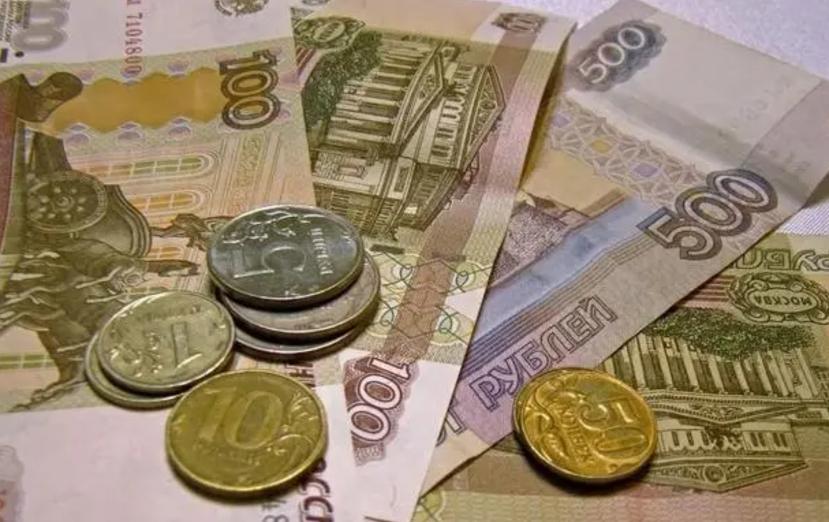
There was panic selling of the Russian ruble on Wednesday, with the currency plunging more than 8.5 percent to below 110 rubles to the dollar, its lowest level in a year. The Russian rupee plunged 10 percent against the dollar in the week to 27, at one point falling to 113 rupees, its lowest level since March 2022. Analysts pointed out that the main reason for the accelerated decline of the ruble, one is related to the sanctions announced by the US Treasury Department last week against Russian financial institutions, which disrupted foreign trade payments, especially oil and gas payments, resulting in a shortage of foreign exchange in the Russian market, and the market is in short supply of foreign exchange. Second, the market is increasingly concerned about the escalation of the conflict between Russia and Ukraine, since the Ukraine crisis, sanctions from Western countries have affected Russia's energy and commodity trade, and the national economy has been impacted.
The collapse of the ruble not only affects the Russian economy, but also has a complex and multi-faceted impact on the financial and economic fields. One is Russia itself, where a weaker ruble means Russia needs more rubles to buy the same amount of foreign currency, increasing the cost of imported goods. That could make imported goods more expensive in the domestic market, which could push up overall inflation. As the price of imported goods rises, the purchasing power of Russian consumers is likely to be eroded. This could lead consumers to buy less imported goods and look for cheaper alternatives, which in turn could have an impact on the domestic goods market. While a weaker ruble could help boost Russia's oil and gas export revenues to some extent (oil and gas are more competitive in dollar terms with a weaker ruble), it could also increase pressure on the government's finances. Because the government needs to pay more rubles to buy imported goods and services to keep the country running. A weaker ruble makes Russian exports more competitively priced on world markets. This could boost Russia's export growth, which would be good news especially for those companies that rely on exports. However, a weaker ruble could also lead to a deterioration in Russia's terms of trade. Other countries are likely to take advantage of the falling ruble to increase exports to Russia while reducing imports from the country. This could lead to a widening of Russia's trade deficit, which in turn could have a negative impact on the country's economic stability.
The second is the impact on the financial market and the economy, the depreciation of the ruble may lead to increased volatility in the Russian financial market. Because investors may reduce their investment in Russia because of the exchange rate risk, which will lead to the decline of the Russian stock market, bond market and other financial markets. Russia is one of the world's major energy exporters, and fluctuations in the ruble's exchange rate can have an impact on global energy markets. A weaker ruble could make Russia's energy exports more competitively priced, changing supply and demand patterns and price trends in the global energy market. A weaker rouble could also add to global economic uncertainty. Because Russia's economy is large and important in the global economy, its economic fluctuations can have ripple effects and spillover effects on the global economy. This may lead to slower economic growth or recession in other countries, which in turn will have a negative impact on the stability and development of the global economy. At the same time, a weaker rouble could trigger capital outflows. Investors may move their money to other countries in search of higher returns or lower currency risk. This could lead to a reduction in Russia's foreign exchange reserves, which in turn could have a negative impact on the country's financial stability.
To sum up, a sudden plunge in the Russian ruble would have multiple implications across multiple sectors. To counter these effects, the Russian government needs to take active policy measures to stabilize the exchange rate and financial markets, while strengthening supervision and risk prevention efforts to ensure the sound functioning of the financial system.

The South Korean political arena has once again been embroiled in a public controversy over a judicial investigation that has shaken the entire nation.
The South Korean political arena has once again been embroi…
On the morning of December 29th local time, the precious me…
According to the US media Barchart, recently, the fluctuati…
On December 29th, Mar-a-Lago in Florida, USA, witnessed a h…
SoftBank Group announced on Monday that it has agreed to ac…
Recently, the US State Department issued a visa ban, adding…